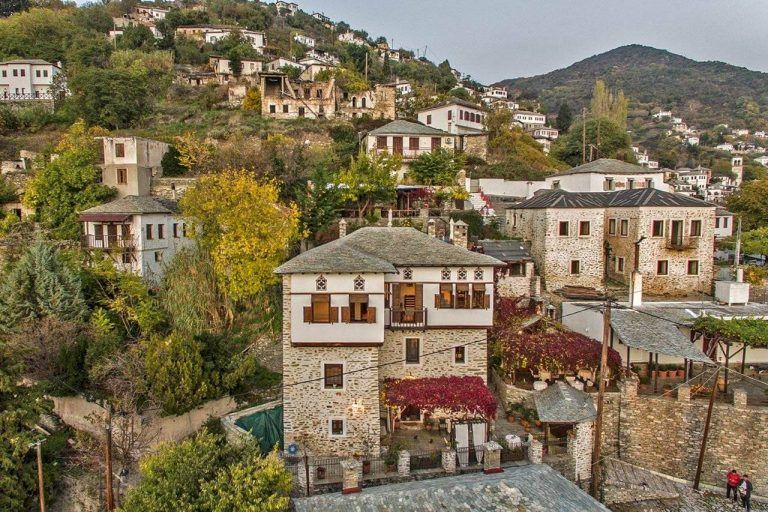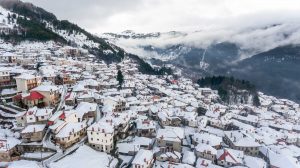The resurgence of Covid-19 and a flu outbreak disrupted what appeared to be a full occupied status in winter destinations across Greece during the holiday season, according to assessments by hoteliers. Despite the setback, tourism professionals in alpine resorts expressed satisfaction with the occupancy rates.
The wave of illnesses prompted many individuals to cancel their reservations at the 11th hour, resulting in some destinations falling short of reaching full occupancy. However, the void left by cancellations was partially filled by last-minute bookings.
Anticipating high demand during the upcoming Epiphany holidays, destinations are projected to experience occupancy levels ranging from 70% to 80%. Subsequently, their hope rests on the arrival of snow, often referred to humorously as a “white day,” which historically leads to increased reservations in many regions.
Angelos Kallias, General Secretary of the Panhellenic Federation of Hoteliers (POX) and head of the mountain destination hotels committee within the Federation, reported satisfactory occupancy rates exceeding 90-95% and even hitting 100% in several popular destinations from the southern Peloponnese to the northern areas.
However, Kallias noted a dip in occupancy to 60% during the intervening period of Christmas, New Year’s, and Epiphany holidays. Most stays were limited to 2-3 days, occasionally extending to four, with longer bookings being scarce due to economic uncertainties affecting visitors’ spending.
The fluctuation in occupancy was attributed to economic uncertainties and the impact of rising prices on consumers’ purchasing power.
Hoteliers expressed concerns about post-holiday periods, where current reservations mainly focus on weekends but are significantly lower than expected.Konstantinos Dafalias, president of the Hoteliers Association of Kalavryta, highlighted a sharp decline in reservations after Epiphany, stating they haven’t exceeded 50% for the weekends following the holidays.
Additionally, Georgios Zafeiris, president of the Hoteliers Association of Magnesia, noted that Pelion had achieved an 85% occupancy during festive days, dropping to 60% on other days. He voiced concern about the absence of conferences and school trips, which traditionally invigorate the local tourism market.
Zafeiris expressed hope for government-backed initiatives, such as the “Thessaly Pass” and interventions through the “Social Tourism” program, to bolster the region’s tourism.






